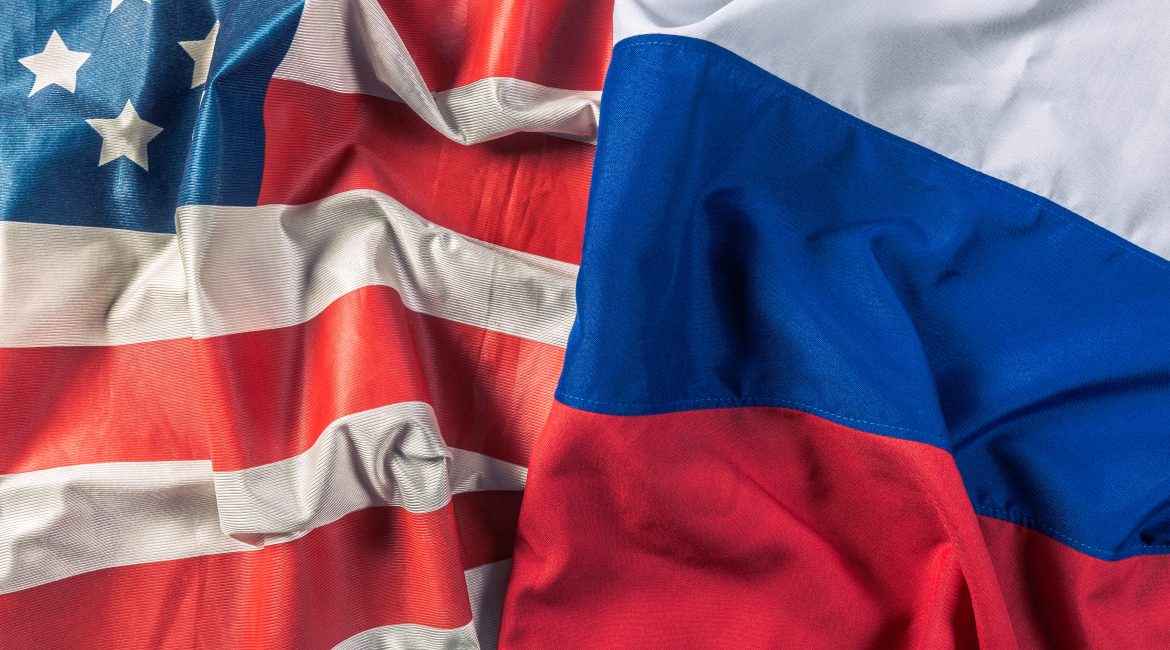The Russian-American bilateral summit in Alaska between US President Donald Trump and Russian President Vladimir Putin ended with optimistic declarations about the possibility of reaching a solution to the crisis in the near future. But this optimism was met with harsh criticism from Western leaders and media. Indeed, the meeting between the two presidents was exploratory, hoping to open a door that has been locked and closed for several years.
The European response to the summit's outcomes welcomed the bilateral summit, emphasized support for Ukraine, and highlighted the need for security guarantees to prevent a recurrence of a Russian invasion after a ceasefire agreement is reached. Britain, Germany, France, and Italy declared their support for the peace process, while Poland, the Czech Republic, and Norway warned of Putin's intentions. The European Commission, for its part, expressed the need for security guarantees to achieve lasting peace. It is important to note that Trump pledged to provide US security guarantees to Ukraine, not linked to NATO, if the Kyiv government agrees to sign a peace agreement.
According to British media reports, preparations for the bilateral summit began in January. It emerged that the two presidents had been in monthly phone contact. In February, the foreign ministers of the two countries met in Riyadh, and in April, the head of Russia Direct Investment Fund, Kirill Dmitriev, met in Washington with US President Donald Trump's special envoy, Steve Witkoff.
All this occurred while fighting was ongoing on all fronts. Nearly two days before the summit in Alaska, according to Western media reports, Russian forces managed to make a tactical breach in Ukrainian defences south of Donetsk, advancing approximately 10 kilometres. After the summit concluded, and before the US president's plane landed in Maryland, media outlets reported a Russian airstrike involving 80 drones on three Ukrainian cities.
The Russian airstrike ignited condemnation among European countries regarding Moscow's intentions, which they considered a clear indication of its lack of desire for peace. But this kind of action is not a Russian innovation but actually a replica of what happened in the 1970s during the peace talks between the American and Vietnamese delegations in Paris. The US administration at the time was keen to support its delegation in the negotiations by launching a wave of the most violent airstrikes, hoping to discipline the Vietnamese negotiating delegation.
Russian President Putin, during a press conference, reiterated the need to address the crisis at its roots, to take all of Russia's interests into account, and to respect the balance of power. By "roots of the problem," the Russian president meant halting Ukraine's attempts to join NATO. By "interests," he meant asserting its right to all Ukrainian territories occupied by his forces, whose inhabitants speak Russian, and by "respecting the balance of power" he meant respecting Russia's historical spheres of influence, according to the Yalta Agreement.
For his part, President Trump strongly showed his opposition for Ukraine's application to join NATO. However, European countries, led by Britain, France, and Germany, insist on Ukraine's right as an independent state to make its own decisions, claiming that preventing it from doing so would undermine its independence and sovereignty.
The breach in the wall opened by the Russian and American presidents during their meeting in Alaska changed overnight into a three-dimensional maze: President Trump's desires, countered by Russian President Putin's demands, and compounded by the concerns and fears of Ukraine and its European allies about the threat of Russian expansion into Ukraine, with Washington's blessing.
Peace agreements, unless backed by a definitive military victory, are usually subject to concessions from all parties involved. Bad peace agreements often lead to future wars. So far, none of the parties to the crisis have shown any willingness to make concessions, or the ability to resolve the matter on the battlefield. This has left President Trump in a dilemma that may lead him to abandon the matter entirely.

